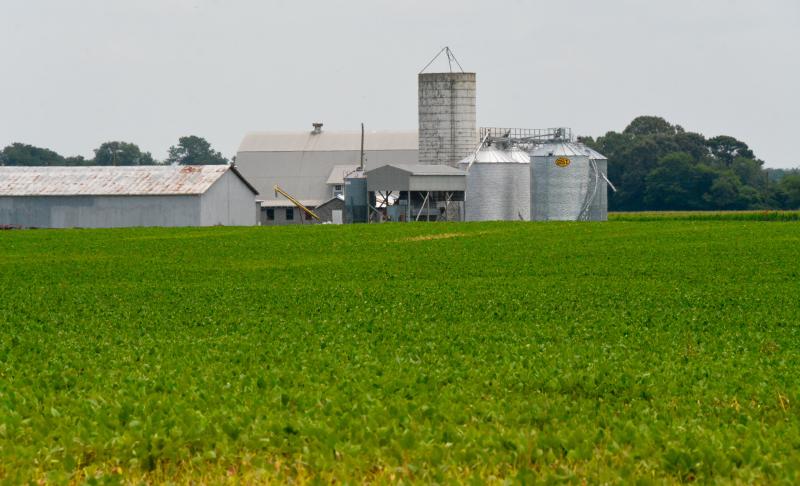Sussex open-space funds sit idle in county coffers

Sussex County has nearly $2 million in funds designated for the purchase of open-space land that officials are having a hard time spending.
The main reason is that county council – which controls the purse strings – wants the money to be spent on land that has public access, which would preclude farmland.
“There is a mandate now that public funds should be spent on land with public access,” said County Administrator Todd Lawson during a June 16 planning and zoning workshop on the 2018 comprehensive plan.
It hasn't always been that way. Over the years, the county has contributed $5.6 million to the Sussex County Land Trust to preserve 920 acres of land; the last purchase was made in 2010. Most of that was farmland.
In addition, the county has contributed $1.6 million to the state's farmland preservation program, but no money has been set aside since fiscal year 2009. The county's funds – matched with state and federal funds – have helped preserve more than 2,470 acres. More than $463,000 in county funds remain unspent.
The largest pot of money – $1.4 million – is from the county's bonus density program where developers can purchase additional units for $20,000 each as a trade-off for open space. The funds must be used to purchase open-space land in the same watershed where the projects are located.
Lawson said it's hard finding properties that people are willing to sell within the watershed.
Commissioner Marty Ross said council needs to change its strategy and amend the current bonus density ordinance. “They have to get over the hurdle of the emotional thing about public access with public money,” he said.
Ross said preservation of farmland not only keeps land locked into farming but also saves the county and state money in the long run. He said because the land is not developed, money is not invested in infrastructure.
“If we can spend money to preserve working lands on a wide scale then what we've done is reduced our road infrastructure and reduced our sewer and water infrastructure investment and kept a solid economic base,” Ross said.
He said the bonus density ordinance is problematic because developers have to pay the money up front and the price of $20,000 per unit is too high. In addition, he said, there needs to be a discussion about the requirement that the funds be spent in the same watershed.
Ross said purchasing conservation easements for farmland allows for matching funds from state and federal sources resulting in a huge impact.
“How far are we willing to go on the ordinance side? If there is no change, why are we wasting our time?” Ross asked.


















































